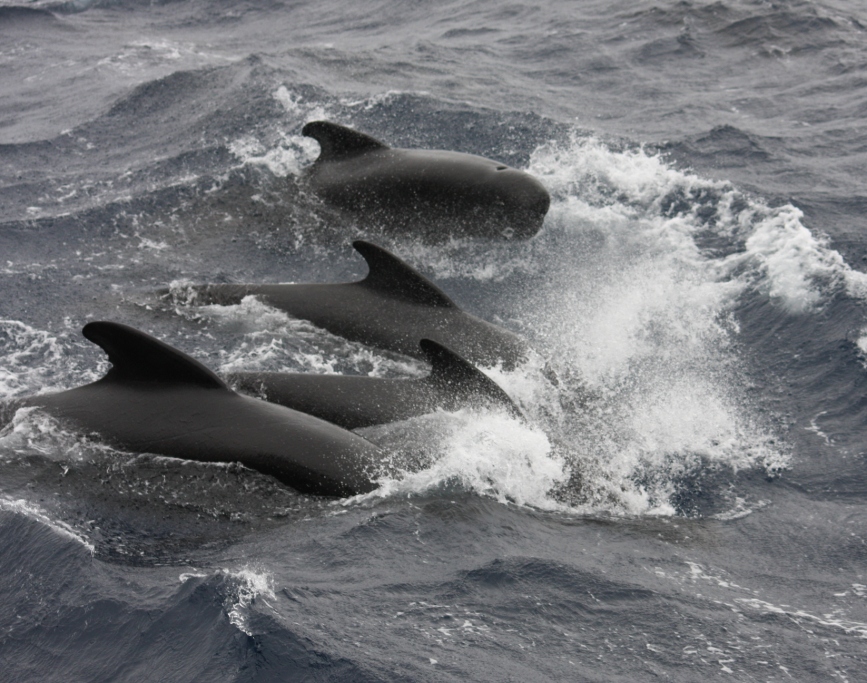The whales attracted the public’s attention on Monday when they were seen amassing in a huge, tightly knit cluster not far from the coast.
A large number of the long-finned pilot whales stranded themselves upon the beach on Tuesday afternoon.
An emergency effort led by the Department of Biodiversity, Conservation and Attractions (DBCA) was underway almost immediately, with WA Parks and Wildlife Service officers, Perth Zoo veterinarians and marine fauna experts on the scene.
However, rescue efforts to save stranded whales are complex.
At least 51 whales are reported to have died overnight, with the future of the 46 surviving whales is still uncertain.
Peter Hartley, the regional manager of the Parks and Wildlife Services said it had been “a pretty trying night”.
“We’re focusing on the 50-odd whales that are still alive today and (will) make every attempt possible to return them to the water,” said Hartley.
Rebecca Wellard, a marine mammal scientist and researcher spoke to the complications of rescue efforts.
“If these animals have been out on the beach stranded for quite some time, there’s a lot of pressure on their organs, due to the gravity and the weight of their body,” said Wellard.
“Their health is already compromised at that point, so to refloat them, you really are taking a chance that they may actually re-strand.”
These mass-stranding events have been observed in pilot whales many times in the past, but the cause of this bizarre behaviour is still not understood.
In September 2022, nearly 200 whales died after a group of 230 became stranded on Tasmania’s west coast.
“They’re quite tightly bonded in their groups, so if there is one animal already sick, others may strand with it … or if there are navigational problems, they may follow each other,” Rebecca Wellard said of the whales.
The DBCA acknowledged public concern but urged volunteers not to arrive on the scene.
“DBCA is currently determining volunteer requirements and will liaise with experienced volunteer organisations as required. If volunteers are required to assist with the response tomorrow, DBCA will provide an update on DBCA’s social media pages. Volunteers are requested not to self-deploy. The priority is for DBCA response staff to focus on the welfare of the whales.”






